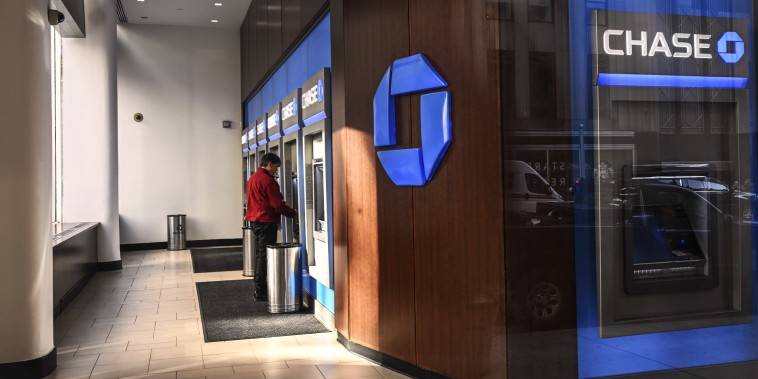The banking industry has recently been under increased scrutiny in the United States, as the government strives to put in place new regulations that would make the system more accountable and transparent.
The proposed regulations would place new restrictions and oversight on the banking industry in order to protect the public from various risks posed by a lack of oversight. However, many Wall Street CEOs are sounding the alarm, saying that they fear the proposed rules will have a negative impact on small businesses, low-income Americans, and other stakeholders.
The new regulations, proposed by the Consumer Financial Protection Bureau (CFPB), would give the agency the ability to monitor bank activity more closely, ensuring that responsible lending practices are followed. Additionally, the agency would be able to crack down on predatory lenders who victimize the most vulnerable in society.
CEOs of Wall Street banks, such as JPMorgan Chase, Citi, and Bank of America, are warning that the proposed rules could lead to a significant decrease in the availability of small business loans, which could slow economic growth. They are also concerned that the new restrictions would make it harder for low-income Americans to access credit, preventing them from achieving financial stability.
It is not just Wall Street executives who are raising these concerns about the CFPB’s proposed regulations. Small business owners and their representatives, as well as consumer advocacy groups, have argued that the new rules could stifle economic activity and harm those with moderate-to-low incomes.
The government is currently in the process of considering the CFPB’s proposals. It remains to be seen whether the changes will go through as proposed, or if lawmakers will take the concerns of Wall Street and other stakeholders into account. Ultimately, the new regulations, should they be approved, could have far-reaching implications for the banking industry as a whole.

